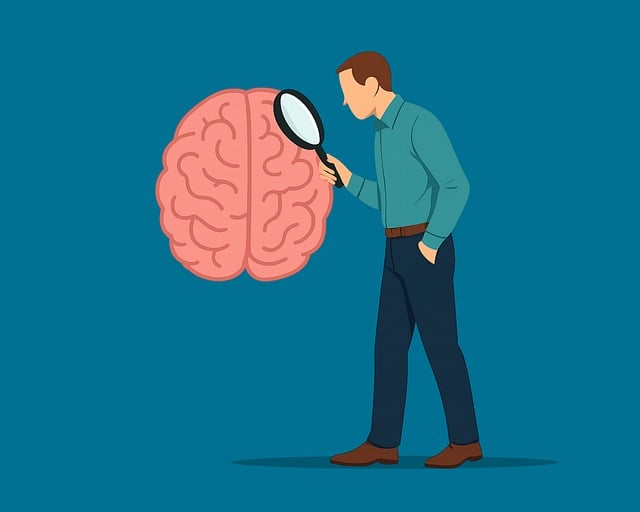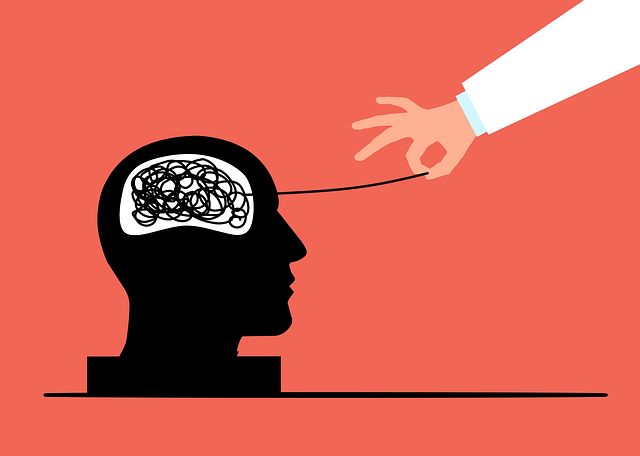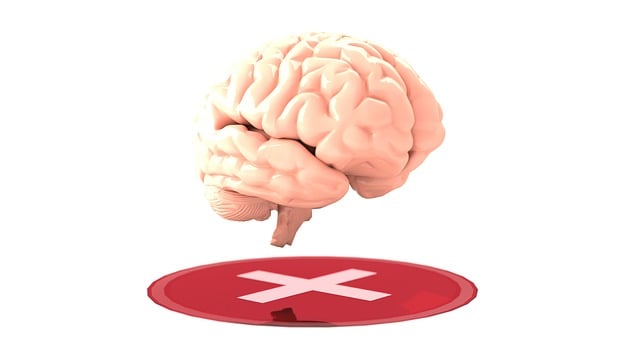Mental health education is a powerful tool to combat stigma and promote understanding, especially for those facing terminal illnesses like those supported by Lafayette Terminal Illness Therapy (LTIT). By educating individuals on recognizing mental health issues, engaging in empathetic conversations, and training professionals in risk assessment, supportive environments are created. LTIT offers a holistic approach, combining theoretical knowledge with practical skills such as stress management, resilience building, and tailored coping mechanisms for its patients. Interactive workshops, group discussions, personal reflection, and journaling enhance learning retention and foster open communication, empowering individuals to maintain and improve their mental wellness.
Mental health is a vital aspect of overall wellbeing, yet it often goes unnoticed or stigmatized. This article explores the importance of mental health education and provides a comprehensive guide to designing effective programs. We delve into breaking down stigma and promoting awareness, highlighting key components for successful education initiatives. Furthermore, we present Lafayette Terminal Illness Therapy as an innovative, holistic approach, demonstrating how integrated care can revolutionize mental wellbeing.
- Understanding Mental Health: Breaking Down Stigma and Promoting Awareness
- Designing an Effective Education Program: Key Components and Strategies
- Implementing Lafayette Terminal Illness Therapy: A Holistic Approach to Mental Wellbeing
Understanding Mental Health: Breaking Down Stigma and Promoting Awareness

Mental health is a crucial aspect of overall well-being, yet it often remains in the shadows, shrouded by stigma and misconceptions. Programs designed to educate individuals about mental health aim to break down these barriers and foster an environment of understanding and support. By promoting awareness, we can encourage people to seek help without fear of judgment, ensuring that those facing challenges, such as depression prevention, receive the necessary Lafayette Terminal Illness Therapy.
Education plays a pivotal role in empowering individuals to recognize the signs and symptoms of various mental health issues. Through interactive workshops and engaging discussions, participants learn empathy-building strategies that can strengthen relationships and create supportive networks. Moreover, training mental health professionals in risk assessment is essential to identify individuals at risk early on, ensuring timely interventions. These proactive measures contribute to a healthier society where mental wellness is prioritized and supported.
Designing an Effective Education Program: Key Components and Strategies

An effective mental health education program should encompass several key components to foster meaningful impact and emotional well-being promotion techniques. Firstly, mental wellness education needs a holistic approach that combines theoretical knowledge with practical skills. This could include topics like stress management, resilience building, and coping mechanisms, tailored to the specific needs of the target audience—such as individuals navigating a Lafayette Terminal Illness Therapy journey. Interactive workshops, group discussions, and personal reflection exercises can enhance learning retention and encourage open communication.
Additionally, incorporating mental wellness journaling exercises guidance within the program offers participants a private space to articulate their thoughts and emotions. This practice promotes self-awareness, helps individuals track their mental health progress, and provides them with valuable coping tools. By combining educational content with engaging activities and reflective practices, programs can effectively equip individuals with the knowledge and skills needed to maintain and improve their mental wellness even in challenging circumstances.
Implementing Lafayette Terminal Illness Therapy: A Holistic Approach to Mental Wellbeing

Implementing Lafayette Terminal Illness Therapy (LTIT) offers a holistic approach to mental wellbeing, focusing on addressing the complex emotional needs of individuals facing terminal illnesses. This program goes beyond traditional therapy by integrating various therapeutic modalities and community outreach initiatives. LTIT emphasizes not just managing symptoms but also fostering emotional healing processes through supportive services tailored to each patient’s unique journey.
The success of LTIT lies in its multifaceted strategy, encompassing stress management techniques, individual counseling sessions, and group support activities. By combining these elements, the program aims to empower individuals to navigate their terminal diagnoses with dignity and resilience. Furthermore, community outreach programs play a crucial role in expanding access to emotional healing resources, ensuring that support is available not only to patients but also to their families and caregivers, creating a supportive network throughout this challenging period.
Mental health education programs play a pivotal role in fostering holistic well-being, and the strategies outlined, including the innovative approach of Lafayette Terminal Illness Therapy, offer comprehensive solutions. By addressing stigma, providing key components, and adopting holistic practices, these programs can significantly impact individual and community mental health. Such initiatives ensure that everyone has access to the knowledge and support needed for optimal psychological wellbeing, ultimately revolutionizing mental healthcare accessibility.














